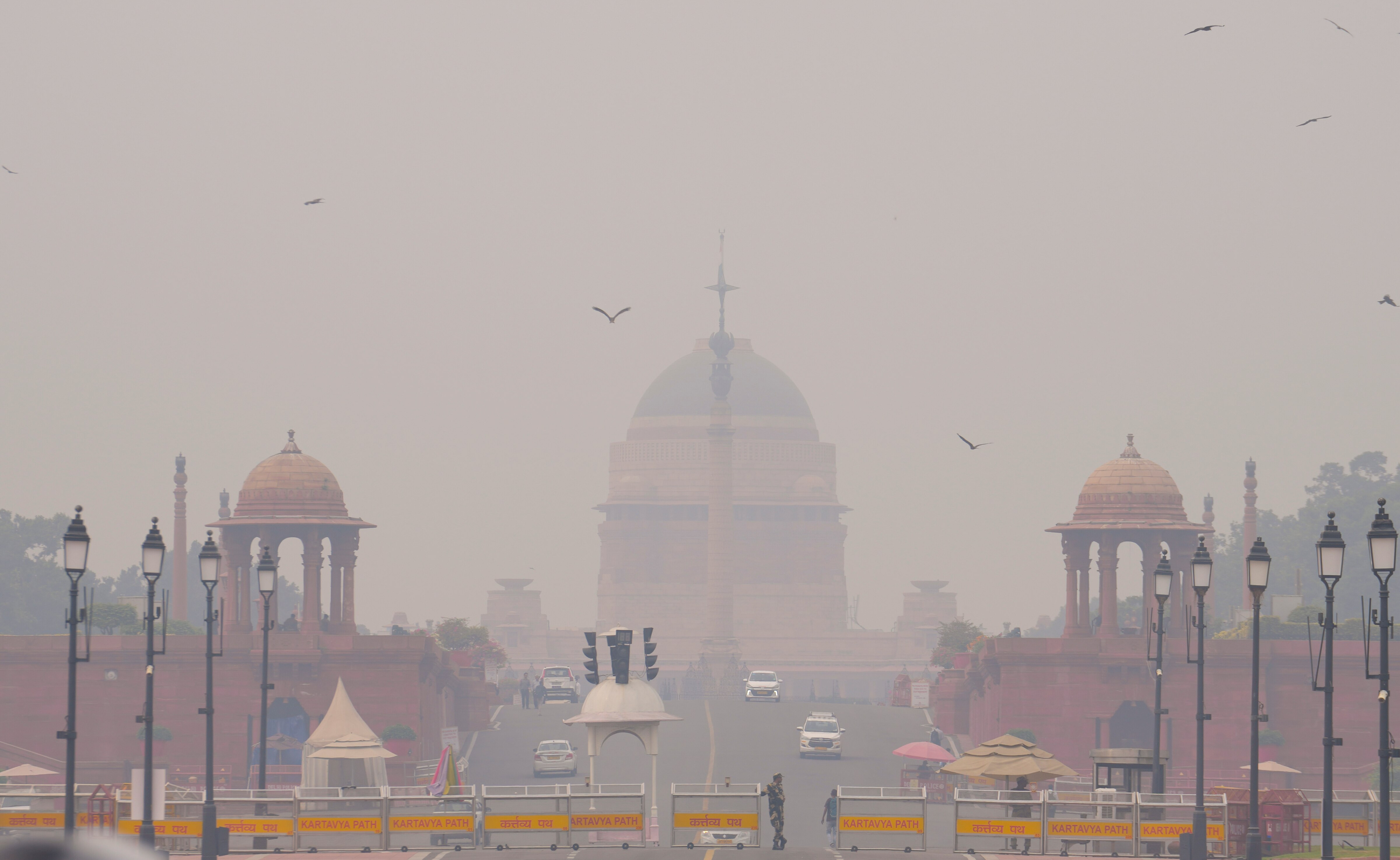Shopping cart
Your cart empty!
Terms of use dolor sit amet consectetur, adipisicing elit. Recusandae provident ullam aperiam quo ad non corrupti sit vel quam repellat ipsa quod sed, repellendus adipisci, ducimus ea modi odio assumenda.
Lorem ipsum dolor sit amet consectetur adipisicing elit. Sequi, cum esse possimus officiis amet ea voluptatibus libero! Dolorum assumenda esse, deserunt ipsum ad iusto! Praesentium error nobis tenetur at, quis nostrum facere excepturi architecto totam.
Lorem ipsum dolor sit amet consectetur adipisicing elit. Inventore, soluta alias eaque modi ipsum sint iusto fugiat vero velit rerum.
Sequi, cum esse possimus officiis amet ea voluptatibus libero! Dolorum assumenda esse, deserunt ipsum ad iusto! Praesentium error nobis tenetur at, quis nostrum facere excepturi architecto totam.
Lorem ipsum dolor sit amet consectetur adipisicing elit. Inventore, soluta alias eaque modi ipsum sint iusto fugiat vero velit rerum.
Dolor sit amet consectetur adipisicing elit. Sequi, cum esse possimus officiis amet ea voluptatibus libero! Dolorum assumenda esse, deserunt ipsum ad iusto! Praesentium error nobis tenetur at, quis nostrum facere excepturi architecto totam.
Lorem ipsum dolor sit amet consectetur adipisicing elit. Inventore, soluta alias eaque modi ipsum sint iusto fugiat vero velit rerum.
Sit amet consectetur adipisicing elit. Sequi, cum esse possimus officiis amet ea voluptatibus libero! Dolorum assumenda esse, deserunt ipsum ad iusto! Praesentium error nobis tenetur at, quis nostrum facere excepturi architecto totam.
Lorem ipsum dolor sit amet consectetur adipisicing elit. Inventore, soluta alias eaque modi ipsum sint iusto fugiat vero velit rerum.
Do you agree to our terms? Sign up

As Delhi continues to struggle with severe air pollution, the Supreme Court of India on Monday expressed concern after learning that several air quality monitoring stations in the national capital were non-functional.
A counsel appearing before the top court questioned the implementation of the Graded Response Action Plan (GRAP), asking how authorities could enforce anti-pollution measures when crucial air quality data was missing.
During the hearing, Amicus Curiae Aparajita Singh urged the Supreme Court to issue directives to the Commission for Air Quality Management (CAQM) and the Central Pollution Control Board (CPCB) to take preemptive steps before the air quality worsens further.
“They must act before it becomes severe,” Singh stated, highlighting reports that several air monitoring stations were not working.
It was noted that only 9 out of 37 air monitoring stations were operational during Diwali, raising serious concerns about the accuracy of air quality data in Delhi-NCR.
In response, Chief Justice of India BR Gavai directed both CAQM and CPCB to submit a detailed report on the current functioning of air monitoring systems and the measures being taken to curb pollution levels in Delhi.
The court emphasized that without accurate air quality data, the Graded Response Action Plan—which triggers measures like school closures, vehicle restrictions, and construction bans—cannot be properly implemented.
On Monday morning, Delhi’s overall Air Quality Index (AQI) stood at 316, placing it in the ‘very poor’ category. Data from 28 functioning monitoring stations reported readings above 300, indicating hazardous pollution levels across the city.
Experts warn that prolonged exposure to such high AQI levels can cause serious respiratory and cardiovascular issues, especially among children and the elderly.
Environmental activists have called for urgent accountability and transparency, demanding that authorities ensure real-time monitoring systems are fully operational. The Supreme Court’s intervention is expected to push agencies to act swiftly before air quality deteriorates to ‘severe’ levels.
27
Published: Nov 03, 2025